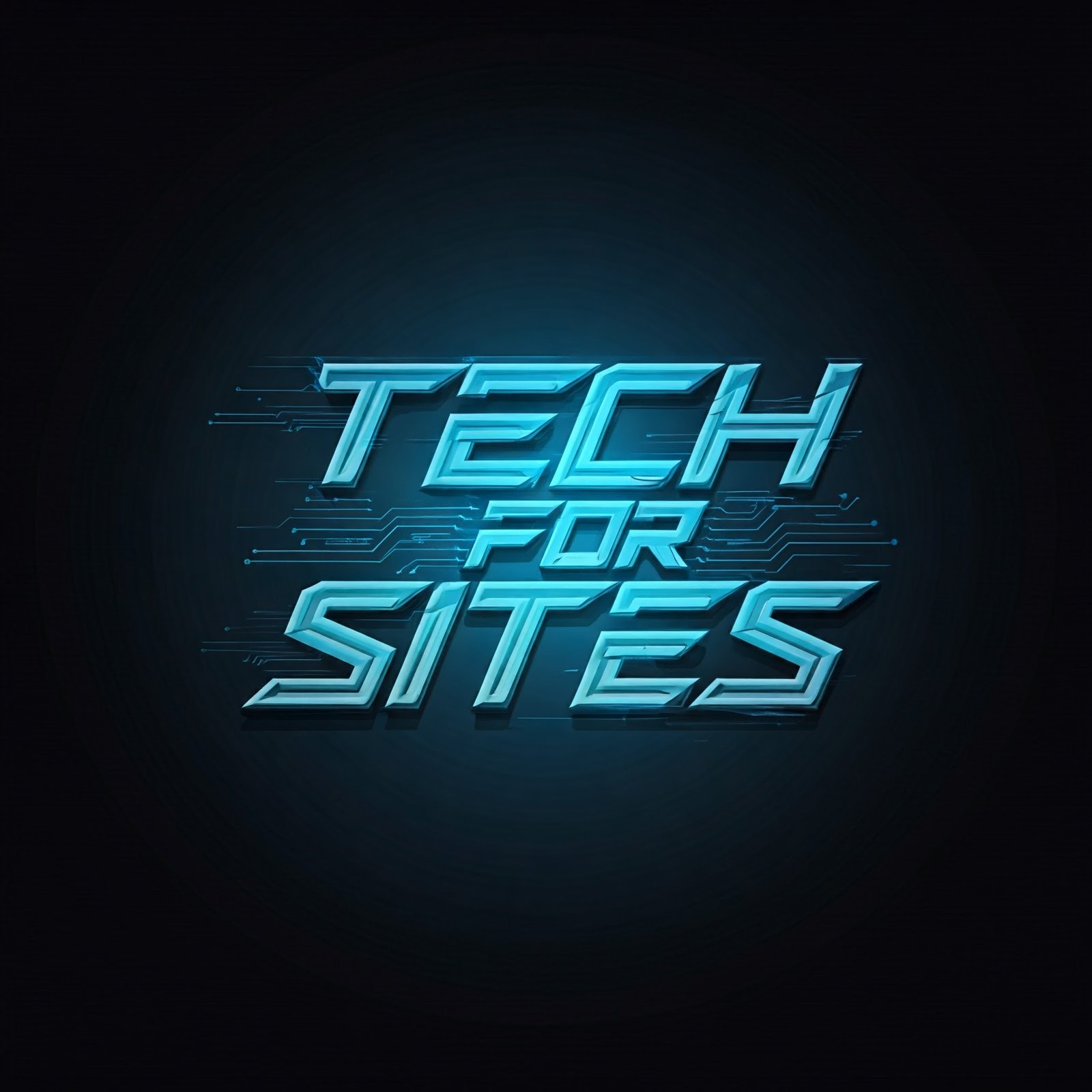Explore the World of Technology: Your Ultimate Glossary
Discover the essential terms and definitions that define the tech world. Dive into our comprehensive glossary to enhance your understanding and stay ahead in the fast-paced digital landscape.
Tech Glossary
Comprehensive Tech Terms
1. Algorithm: A set of rules or steps used to solve a problem or perform a task.
2. API (Application Programming Interface): A set of protocols for building and interacting with software applications.
3. Bandwidth: The maximum rate of data transfer across a given path.
4. Blockchain: A decentralized digital ledger used to record transactions across many computers.
5. Cloud Computing: Delivery of computing services over the internet.
6. Cybersecurity: Protection of internet-connected systems from cyber threats.
7. Data Mining: The process of discovering patterns in large data sets.
8. Encryption: The process of converting information into a secure format.
9. Firewall: A network security system that monitors and controls incoming and outgoing network traffic.
10. Internet of Things (IoT): The interconnection of everyday devices to the internet.
11. Machine Learning: A type of artificial intelligence that allows software applications to become more accurate at predicting outcomes.
12. Open Source: Software with source code that anyone can inspect, modify, and enhance.
13. Protocol: A set of rules governing the exchange or transmission of data between devices.
14. Quantum Computing: A type of computing that uses quantum bits for processing.
15. SaaS (Software as a Service): A software distribution model in which applications are hosted by a service provider and made available to customers over the internet.
16. Virtual Reality (VR): A simulated experience that can be similar to or completely different from the real world.
17. Artificial Intelligence (AI): Simulation of human intelligence processes by machines.
18. Big Data: Large and complex data sets that require advanced methods to analyze.
19. Cryptocurrency: Digital or virtual currency that uses cryptography for security.
20. Deep Learning: A subset of machine learning involving neural networks with three or more layers.
21. Edge Computing: Computing that is done at or near the source of data generation.
22. Firmware: Software that provides low-level control for a device’s specific hardware.
23. Gigabyte: A unit of digital information storage equivalent to 1,024 megabytes.
24. HTML (HyperText Markup Language): The standard language for documents designed to be displayed in a web browser.
25. IP Address: A unique string of numbers separated by periods that identifies each computer using the Internet Protocol to communicate over a network.
26. JavaScript: A programming language commonly used to create interactive effects within web browsers.
27. Kernel: The core part of an operating system, managing system resources and communication between hardware and software.
28. LAN (Local Area Network): A network that connects computers within a limited area.
29. Malware: Software designed to disrupt, damage, or gain unauthorized access to computer systems.
30. Neural Network: A series of algorithms that attempt to recognize underlying relationships in a set of data through a process that mimics the way the human brain operates.
31. Operating System (OS): System software that manages computer hardware and software resources.
32. Phishing: A type of online scam where criminals send an email that appears to be from a legitimate company and ask you to provide sensitive information.
33. QR Code: A machine-readable code consisting of an array of black and white squares, typically used for storing URLs or other information for reading by the camera on a smartphone.
34. RAM (Random Access Memory): A type of computer memory that can be accessed randomly.
35. SEO (Search Engine Optimization): The practice of increasing the quantity and quality of traffic to your website through organic search engine results.
36. Trojan Horse: A type of malware that is often disguised as legitimate software.
37. URL (Uniform Resource Locator): The address of a web page on the internet.
38. VPN (Virtual Private Network): A service that encrypts your internet traffic and protects your online identity.
39. Web Browser: A software application for accessing information on the World Wide Web.
40. XML (eXtensible Markup Language): A markup language that defines a set of rules for encoding documents in a format that is both human-readable and machine-readable.
41. Yottabyte: A unit of digital information storage equivalent to one septillion bytes.
42. Zero-Day: A software vulnerability that is unknown to those who should be interested in its mitigation.
43. Botnet: A network of private computers infected with malicious software and controlled as a group without the owners’ knowledge.
44. Cache: A hardware or software component that stores data so that future requests for that data can be served faster.
45. Domain Name: The part of a network address that identifies it as belonging to a particular domain.
46. Ethernet: A system for connecting computers within a local area network (LAN) with protocols to control the passing of information and to avoid simultaneous transmission by two or more systems.
47. Firmware: Permanent software programmed into a read-only memory.
48. Gateway: A node in a computer network, a key stopping point for data on its way to or from other networks.
49. Hashing: The process of converting an input of any length into a fixed size string of text, using a mathematical function.
50. Intranet: A private network accessible only to an organization’s staff.
Explore by Category
Networking
Cybersecurity
Software Development
Data Management
Emerging Technologies
Hardware
Web Technologies
Digital Currency
Find Your Tech Term
Your Questions Answered
Explore common inquiries about using our tech glossary effectively.
How do I search for a term in the glossary?
Can I suggest a new term to be added?
How often is the glossary updated?
Is there a way to bookmark terms for quick access?
What should I do if I find an error in a term's definition?
Are there resources for learning more about these terms?

